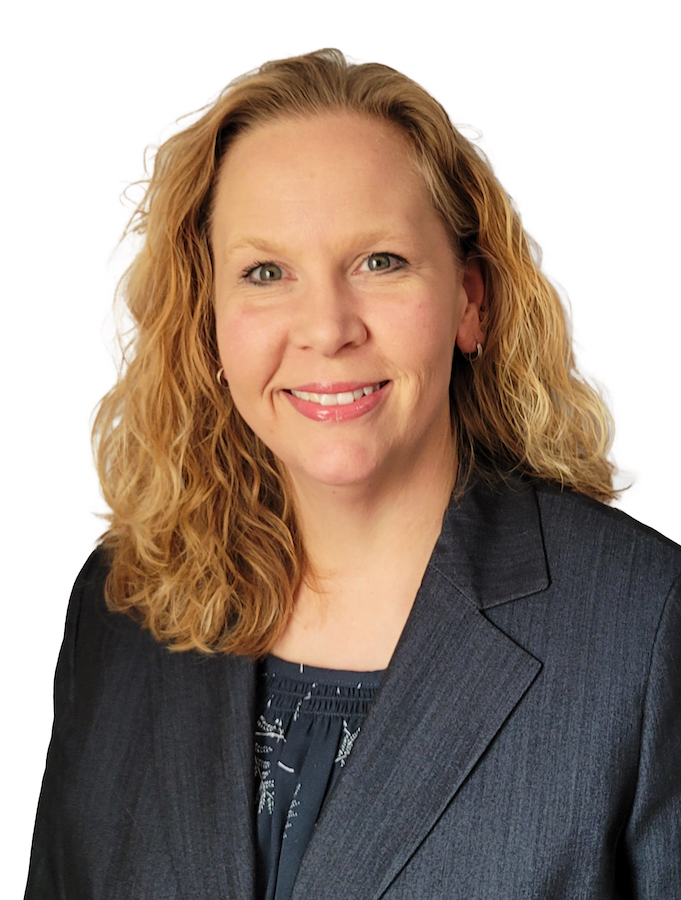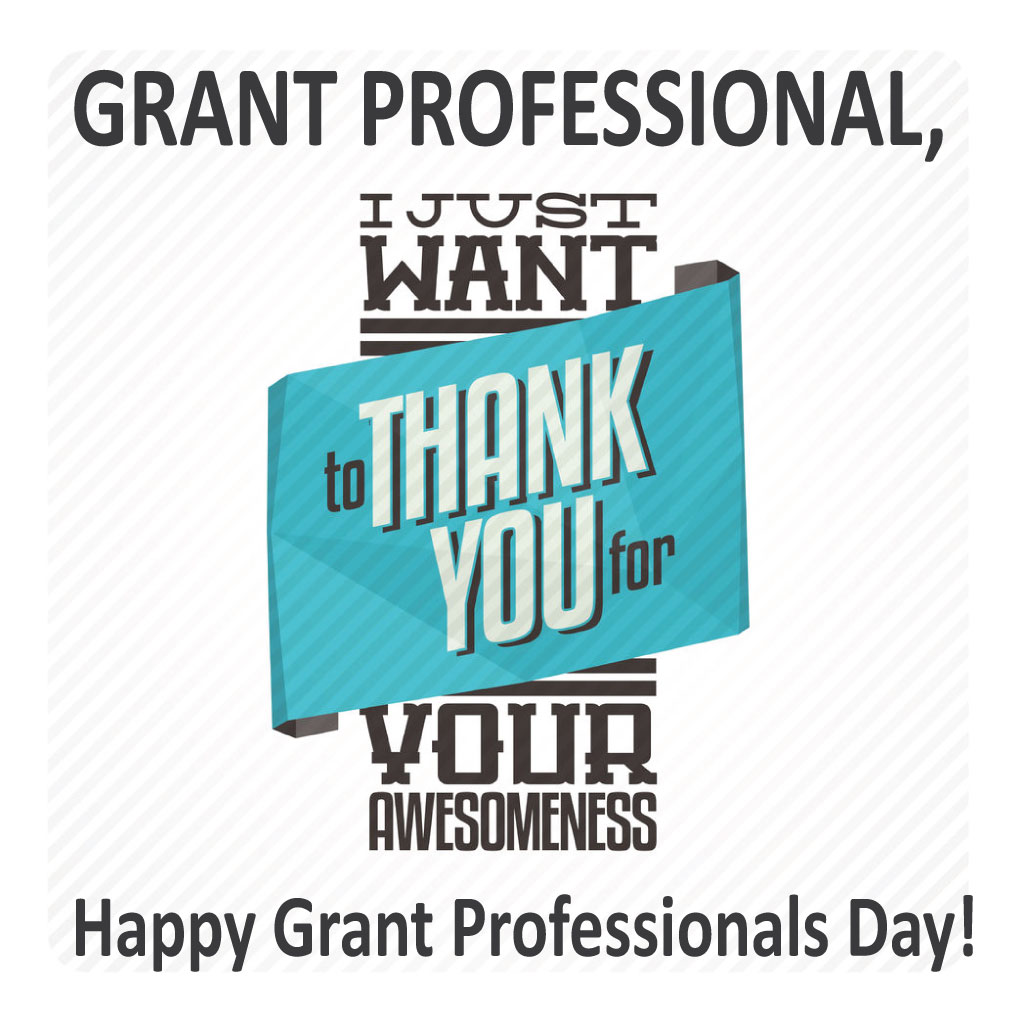15 Dec Effective Teamwork Starts with Team Building by Megan Campbell, MPA, GPC
Posted at 18:00h
in Competency Eight, Competency Four, Competency Six, Competency Three, Evaluation, Funder Relations, Funding, Grants Management, Megan Campbell, Professionalism, Relationships
Starting a collaborative grant project that requires the successful coordination of team effort can feel daunting. While teamwork can improve myriad business functions, positively impact program delivery and outcomes, and drive organizational growth, implementing collaborative projects without a hitch is often a big challenge. It is no secret that teams often struggle with unfocused vision, lack of clarity and communication related to goals or deliverables, and waiting for other team members to do their part. However, one of the easiest ways to build a foundation for collaborative success is to ensure you have the right people on the team at the beginning.




